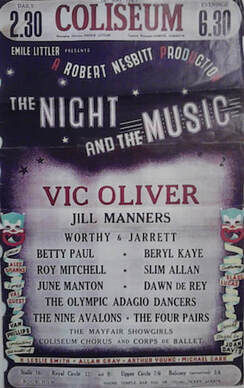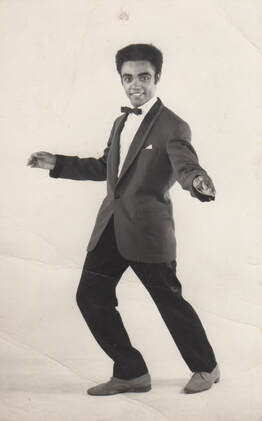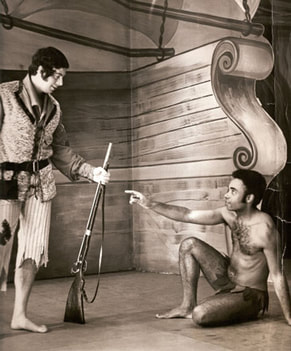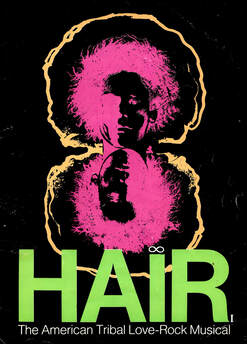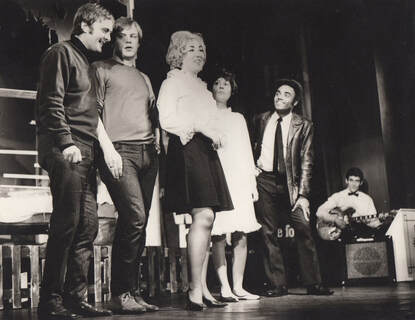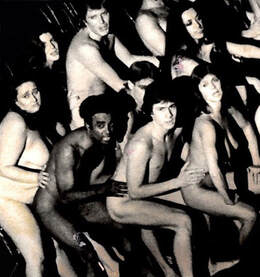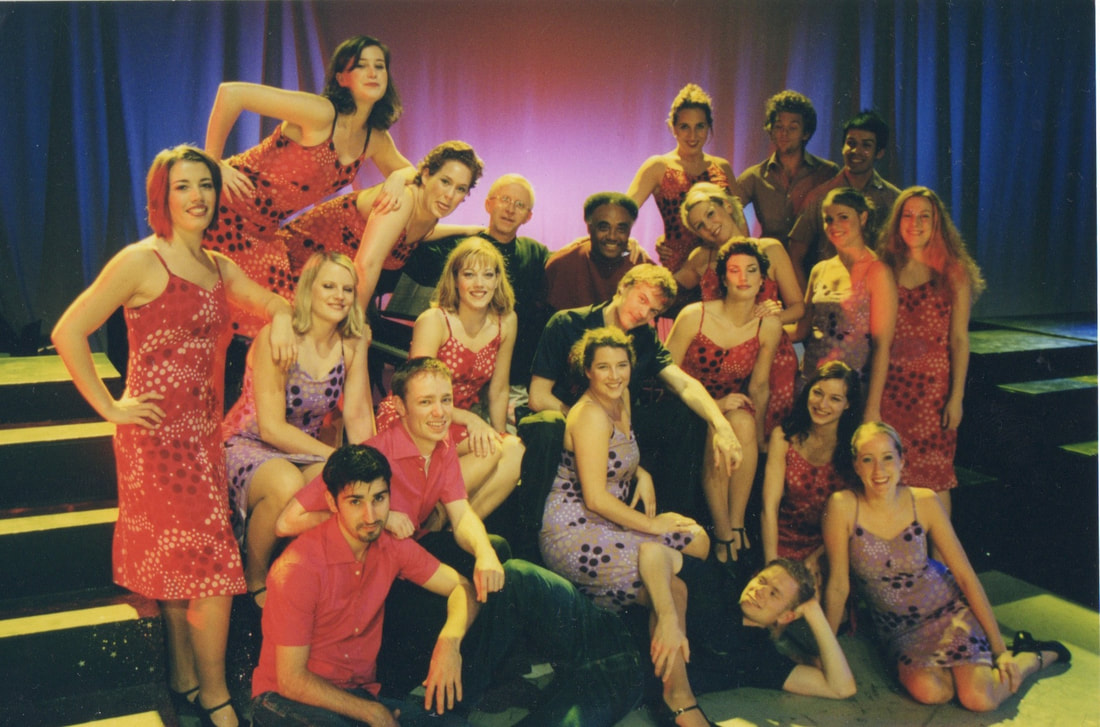A LIFE IN THE THEATRE
In March 2006, Johnny Worthy gave a talk to Brighton & Sussex Equity about his life in showbiz.
Herewith reproduced, with a few amendments and updates, is the account originally published
in the branch newsletter...
Herewith reproduced, with a few amendments and updates, is the account originally published
in the branch newsletter...
